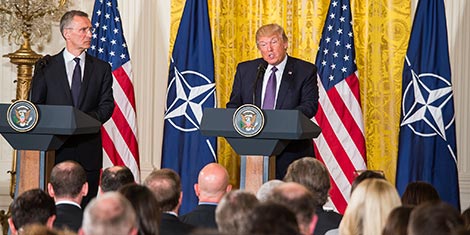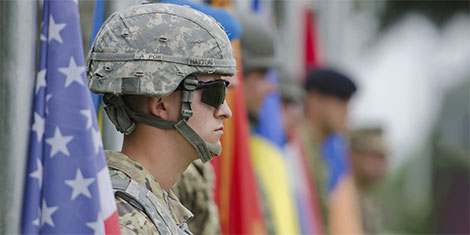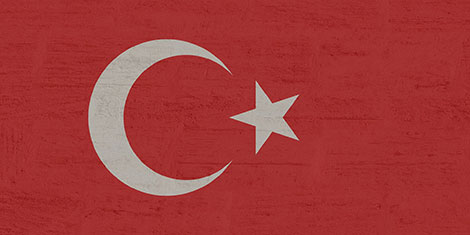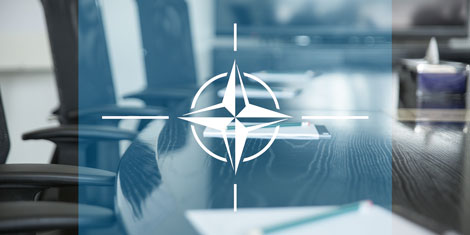
This article was originally published by War on the Rocks on 26 February 2018.
Europe has been in the news plenty recently, with the NATO Defense Ministerial, the Munich Security Conference, and senior Trump administration officials fanning out across Europe to represent the president at these august gatherings. The unifying theme in most of these meetings was allied progress in reaching the NATO goal of spending 2 percent of GDP on defense — the Trump administration’s litmus test in gauging an ally’s commitment to NATO and determining America’s reciprocal commitment to that ally. The 2 percent goal was agreed to in 2014 at NATO’s Wales Summit. A Trumpian twist was delivered by Secretary of Defense Jim Mattis at his first NATO defense ministerial: “If your nations do not want to see America moderate its commitment to this alliance, each of your capitals needs to show support for our common defense.” In the words of the New York Times, “… NATO Allies to Spend More, or Else.”




